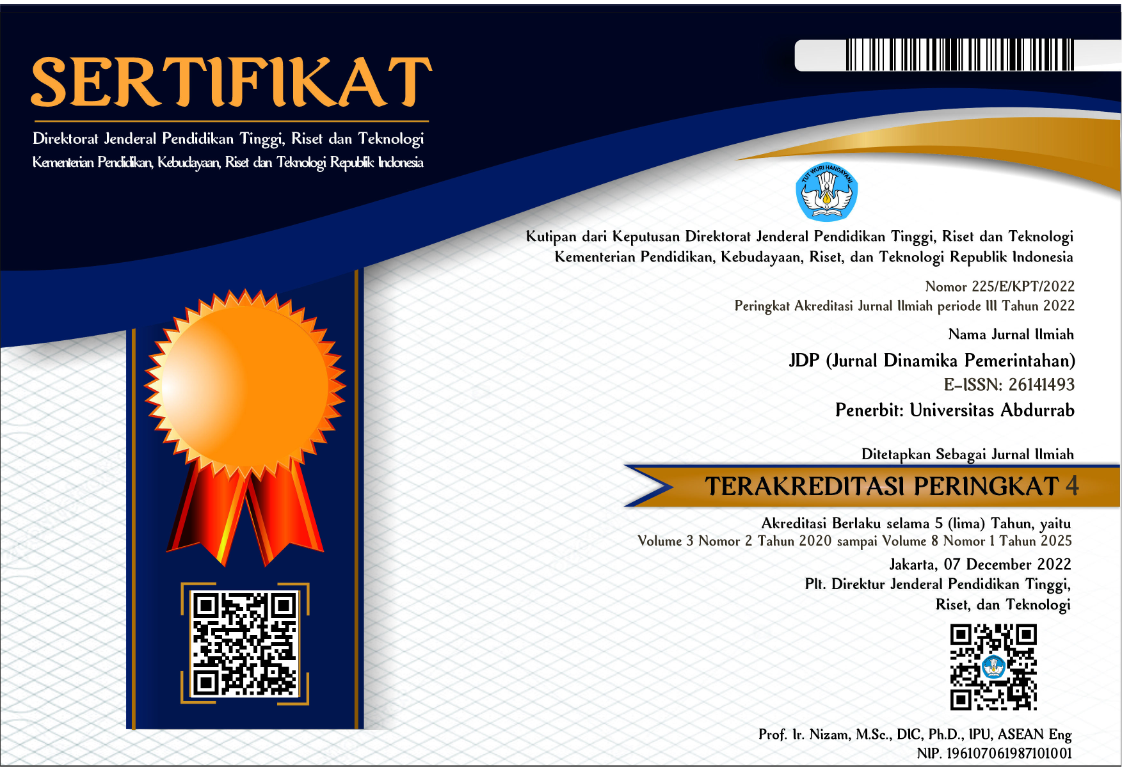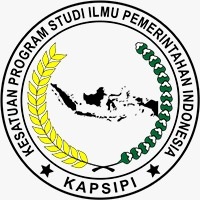IMPLICATIONS OF THE UKRAINE WAR FOR INDONESIAN MILITARY AND SECURITY COOPERATION: A POLICY ANALYSIS
DOI:
https://doi.org/10.36341/jdp.v8i01.5301Keywords:
Indonesian defense policy, military cooperation, non-alignment policy, security strategy, Ukraine warAbstract
The ongoing Ukraine war has significant global geopolitical implications, reshaping security policies and international relations. For Indonesia, as a non-aligned and strategic player in Southeast Asia, understanding the impact of this conflict is crucial for adjusting its defense and security cooperation strategies. This research aims to analyze the implications of the Ukraine war on Indonesia's military and security cooperation policies. A qualitative approach was employed, using secondary data from government documents, policy analyses, and academic literature to explore Indonesia's diplomatic stance, defense collaborations, and alignment with major powers. The findings reveal that the Ukraine war has prompted Indonesia to reconsider its defense policies, particularly in diversifying military procurements, avoiding over-reliance on any specific nation, and enhancing regional security partnerships. Additionally, Indonesia's emphasis on non-alignment has been strengthened, with a focus on ensuring strategic autonomy amidst the growing tensions between global powers. The research concludes that the conflict has reinforced Indonesia's proactive engagement in regional security forums and prompted a recalibration of its defense procurement strategies. These insights contribute to understanding how global conflicts can influence the defense policies of non-aligned states like Indonesia.
Downloads
Downloads
Published
Issue
Section
License
1. Copyright of all journal manuscripts is held by the JDP (Jurnal Dinamika Pemerintahan)
2. Formal legal provisions to access digital articles of electronic journal are subject to the provision of the Creative Commons Attribution-ShareAlike license (CC BY-NC-SA), which means that JDP (Jurnal Dinamika Pemerintahan) is rightful to keep, transfer media/format, manage in the form of databases, maintain, and publish articles.
3. Published manuscripts both printed and electronic are open access for educational, research, and library purposes. Additionally, the editorial board is not responsible for any violations of copyright law.
licensed under a Creative Commons Attribution-ShareAlike 4.0 International License.












